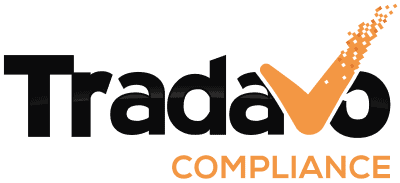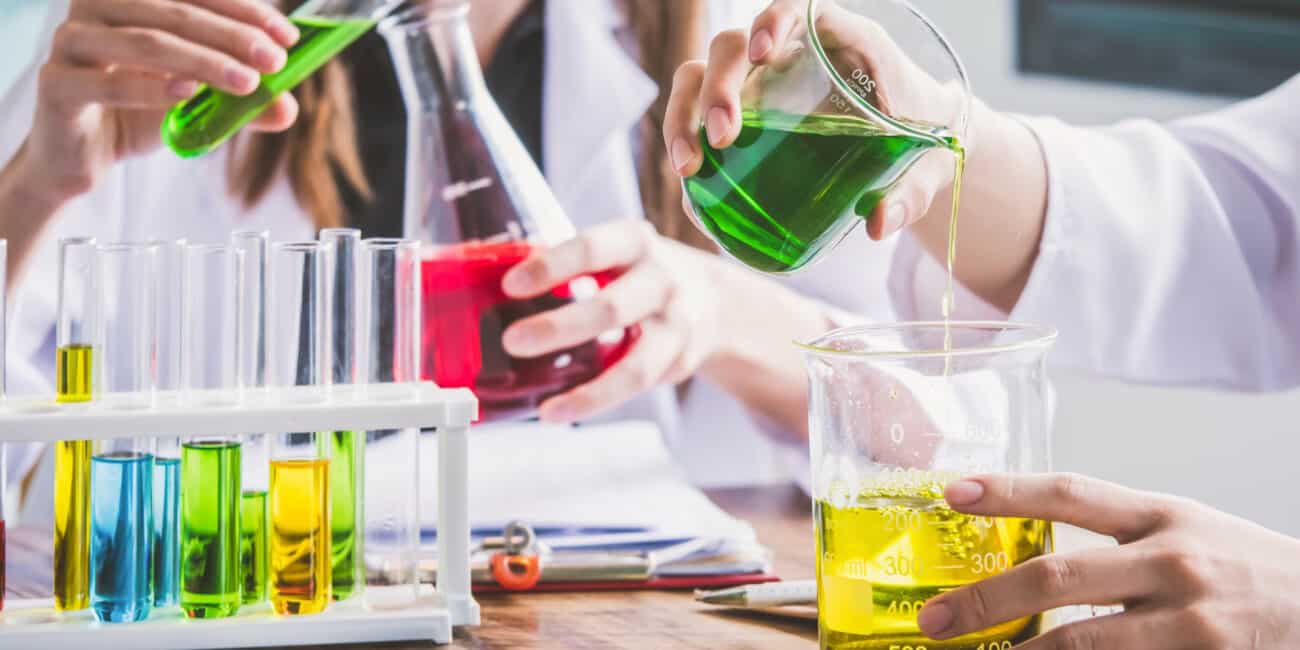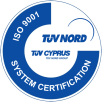Lab Tests & Certificates – An Overview For Sellers
In our last article, we already dealt in detail with the advantages and disadvantages of taking care of product compliance yourself as an Amazon seller. If you have decided to take care of this yourself, verifying laboratory tests and certifications already carried out by the manufacturer is also one of your tasks. If tests are yet to be available, you have to order them.
There is a lot of information about this on the Internet – not all of it is correct. In the various seller communities, too, there is often contradictory information that turns out to be half-truths or untruths in retrospect. With this article, we want to bring light into the darkness and give you an overview of laboratory tests.
What are the different types of lab tests?
Product compliance can be checked with several laboratory tests, including, for example:
- Chemical tests, which examine compliance with the limits of the REACH regulation
- Safety tests of EU-wide harmonized standards, for example, for electrical safety, the safety of toys, or even pyrotechnic articles
- Action regulations, e.g., DIN EN standards
- Material analyses, e.g., fibre analysis for textiles or migration tests for food contact goods
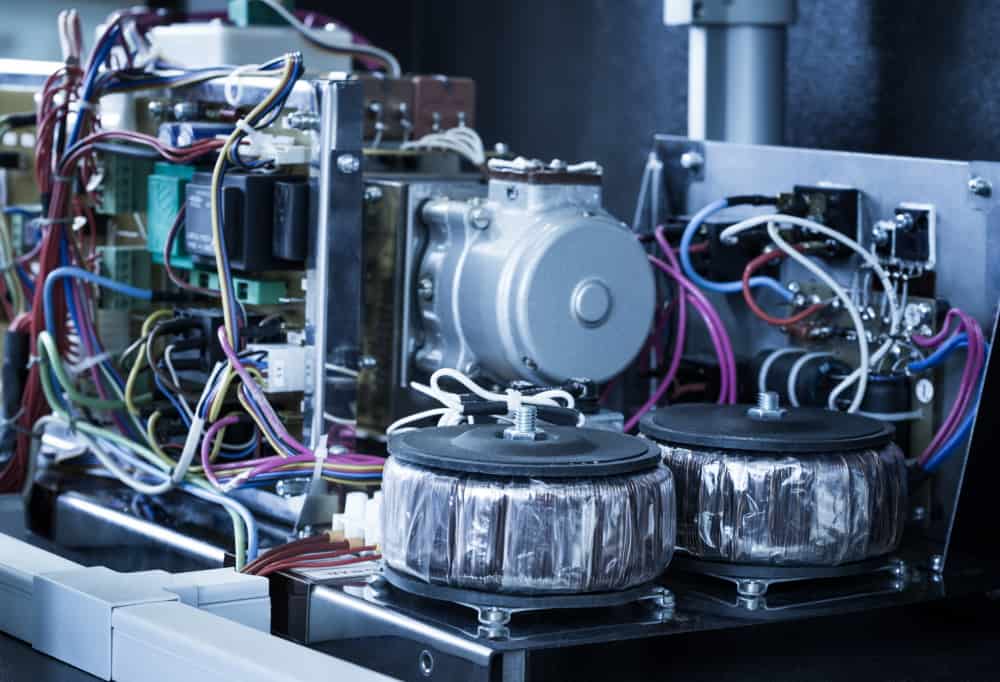
How do you find out which tests are necessary and which are voluntary?
As a first step, you should do your research via search engines. Once you have found out which tests are necessary, you can send a non-binding request to laboratories. Ask at least 2 or 3 different labs to get a good price overview. Moreover, make sure that the labs are accredited outside of China.
Alternatively, you can book a service provider like Tradavo to save you the time-consuming research and completely outsource the issue of lab testing.
Which tests are mandatory for which product is very individual and depends on the product. However, they are often tests regarding the REACH regulation, fibre analyses (for textile products), and electrical safety tests (for electrical products).
Examples of voluntary laboratory tests are dishwasher resistance – if this test is not carried out, you are only allowed to advertise with “dishwasher safe,” durability tests up to a certain number of kilograms. Or tests regarding the sun protection factor UV Standard 801.
Can I import goods into the EU if I still need a test report?
No. In principle, only compliant products may be imported into the EU. It would be best if you had valid certificates or laboratory tests to import the related products into the EU. This is not checked directly by customs, but they look for faulty products and packaging labeling, which is usually the first indication for further inspection.
If customs is exact, it can also check the presence of mandatory documents during a customs inspection, such as whether an instruction manual in German accompanies an electrical product. As a result, it is not unlikely that no customs clearance will be granted. In addition, the entire process is forwarded to the responsible market surveillance authority for examination.
When is it advisable to commission laboratory tests?
When it comes to whether it makes sense to commission laboratory tests, we must first distinguish between 2 scenarios.
Scenario 1: The manufacturer already has certificates/reports
Let’s assume that you already have certificates. In this case, you should check whether they are genuine and relate to the correct product. Check the credentials for completeness – unfortunately, this is often not the case, as certain parts have yet to be tested.
Scenario 2: The manufacturer has no or incomplete certificates/reports
Suppose the retailer needs to provide you with sufficient certificates. Then you must decide whether you want to ignore it and run the risk of losing not only your Amazon listing but also your finished goods, as well as high penalties.
However, performing at least a minimum of tests would be more sensible to ensure essential compliance. For example, to comply with the REACH regulation, you would have to have your products tested for at least those substances that are banned from being placed on the market in the EU. Packaging materials also need to be tested.
If you commission laboratory tests, you should ensure that no unnecessary tests are carried out. Laboratories also want to earn money, so it happens again and again that customers’ ignorance is exploited. Then you are offered tests intended for something apart from your product or included several times in the offer with different names. Sporadically, the test parameters are selected incorrectly, and too many or too few materials are chosen for tests. It is not uncommon for offers from different laboratories to range from €500 to €5,000 – for the same product!
The optimal laboratory test procedure
- Determine the desired laboratory tests & test parameters: You can either do this yourself, get advice from the lab, or enlist the help of an independent service provider like Tradavo.
- Contact labs: Write to 2 to 3 laboratories accredited in Europe, get quotes and compare them carefully, taking your time and not accepting the first offer.
- Avoid direct communication between manufacturer and laboratory: Unfortunately, collusion quickly occurs when manufacturer and laboratory have the opportunity to contact each other.
- Have samples/materials sent from the manufacturer to the laboratory: Ideally, these are samples from current production or already produced products that are already stored at Amazon. This way, you can avoid sending in unique “test models”.
- Waiting for the test result: You must wait between 7 and 14 days for the test results.
- If the test report is negative: Now a replacement of the affected materials must be organized with the manufacturer.
- Re-test in case of a negative test report: A re-test is ordered if the first test is negative. For this, only the exchanged materials are sent to the laboratory. This is sufficient and also saves money.
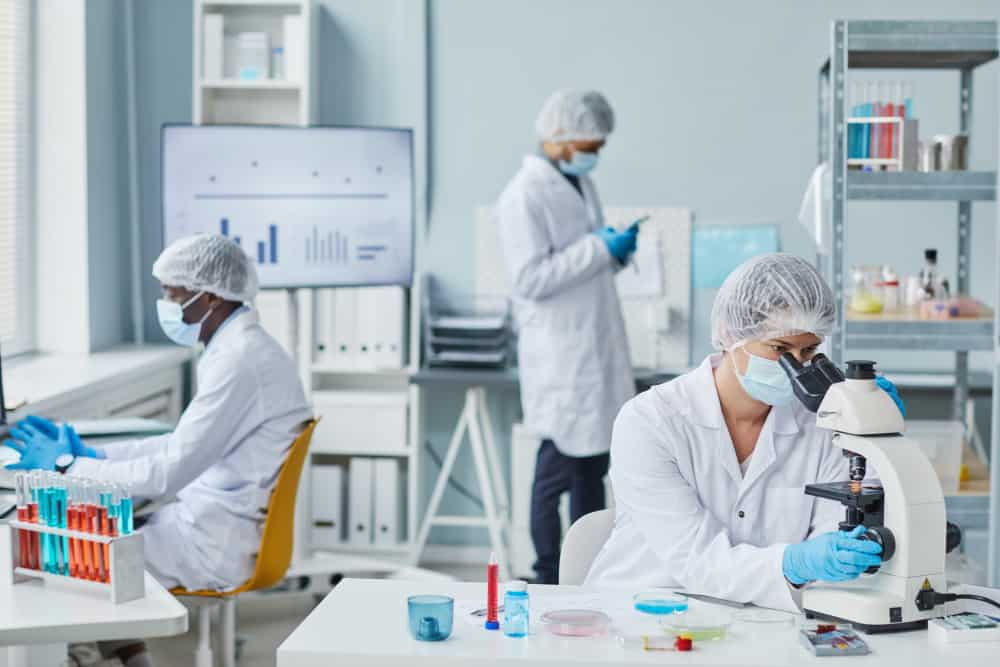
Tips and tricks for dealing with your manufacturer and laboratories
Make sure to use only reliable laboratories accredited in Europe, such as TÜV, SGS, or Bureau Veritas. In addition, you should never have tests organized by your manufacturer, even if this option seems more manageable and cheaper at first glance. If you have certifications carried out in this way, in most cases, the certificate does not belong to you, so the retailer can use it for all other customers.
Unfortunately, there is often collusion between the laboratory and the manufacturer, so the test reports are glossed over and turn out positive. This is not because of the great products, but because critical tests need to be included, or the entire test result needs to be corrected. Furthermore, manufacturers typically work with only accredited laboratories in China – there is a risk that these reports will not be recognized in case of doubt.
If you take care of laboratory testing yourself, make sure to test in a risk-oriented way. The REACH regulation alone is pervasive – to save money, you should concentrate only on the essentials when carrying out tests.
FAQ – Answers to frequent questions from our customers
What is the composition of laboratory costs, and why are they often disproportionately high?
The cost of laboratory tests depends on several factors. For example, it makes a difference in how many materials and colors need to be tested. Testing plastics, for example, is more costly than testing steel because plastics need to be tested for more potentially contained substances. The intended use of the product is also reflected in the cost. For example, products with food contact, skin contact, or even baby products require more testing.
Do I have to send my test reports to customers, competitors, Amazon, or authorities?
You only have to hand over your test reports to authorities upon request. For all other market participants, a REACH declaration, for example, is sufficient.
Am I allowed to advertise the test report's result or with the laboratory's logo on Amazon?
Whether you can advertise the result of your test report depends on what was tested. If the test confirms compliance with legal requirements, you are not allowed to advertise with it – because that would be promoting with obviousness.
Some laboratories offer seals for tests that go beyond the legal scope. If you obtain such a seal, you may, of course, also advertise with it. But, usually, you must pay an annual licence fee.
If you have not purchased a seal or similar, you are not allowed to advertise with the laboratory’s name; if you do, you are committing a trademark infringement.
How often do I have to have my product tested?
Your product must be retested whenever regulations or ordinances change because then the declarations of conformity can quickly become outdated as well. Therefore, it is vital to stay up to date with electrical equipment.
But even for less critical products, tests should frequently be repeated every two years, even if the regulations have stayed the same.
In addition, you should clarify to your manufacturer with every order that the products must comply with the current regulations and that only compliant materials may be used.
How can we support you?
You would rather not deal with laboratory tests and certificates yourself, but do you still want your product to comply with the European market? No problem because we are there for you! Book a free initial consultation to find out how we can help you, so you stay focused on the essentials.
You need assistance?
It is best to book an appointment directly for a free initial consultation.
Who wrote this article?
As an author, Christina fills the blog section of our website with exciting and informative articles, so that our readers can always take care of product compliance in their company in the most well-informed way.
- Christinahttps://compliance.tradavo.eu/en/author/epywxge/
- Christinahttps://compliance.tradavo.eu/en/author/epywxge/
- Christinahttps://compliance.tradavo.eu/en/author/epywxge/
- Christinahttps://compliance.tradavo.eu/en/author/epywxge/
